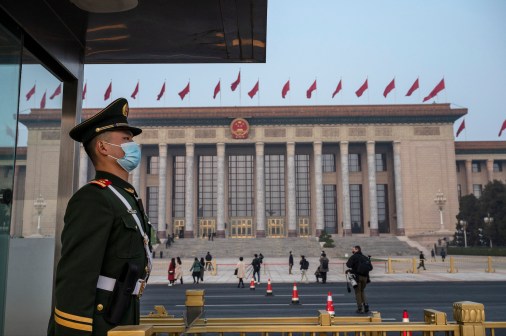Dutch ditch Kaspersky on fears of Russian government influence

The Dutch government announced Monday that it will end use of Kaspersky Lab’s anti-virus software, citing the Moscow-based cybersecurity firm’s alleged ties to the Russian government.
The Russian government has an “offensive cyber program that targets among others the Netherlands and Dutch interests,” wrote Justice Minister Ferdinand Grapperhaus in a letter to parliament that outlined the decision.
Grapperhaus explained that because Kaspersky Lab is headquartered in Moscow, it is subject to Russian laws that could force it to comply with state intelligence agencies.
Cybersecurity experts and U.S. intelligence officials have previously said the same, fearing that Russian spies could use the company’s anti-virus program as a platform for targeted espionage.
All U.S. federal agencies were ordered by the Department of Homeland Security to stop using Kaspersky products in December 2017. That same month, the United Kingdom’s National Cyber Security Centre warned government agencies to avoid Russian anti-virus software.
In April, Kaspersky was banned from advertising on Twitter because of the company’s alleged ties to Russian intelligence.
Kaspersky has consistently denied any wrongdoing. A company spokesperson said that Kaspersky Lab is “is disappointed with the decision by the Dutch Government.”
“We are contacting the Dutch National Coordinator for Security and Counterterrorism (NCTV) to arrange a meeting to responsively address the government’s concerns regarding the company’s operations, leadership or its products as a public good,” the statement reads. “Kaspersky Lab has never helped, nor will help, any government in the world with its cyberespionage or offensive cyber efforts, and it’s disconcerting that a private company can be treated as guilty merely due to geopolitical issues.”




